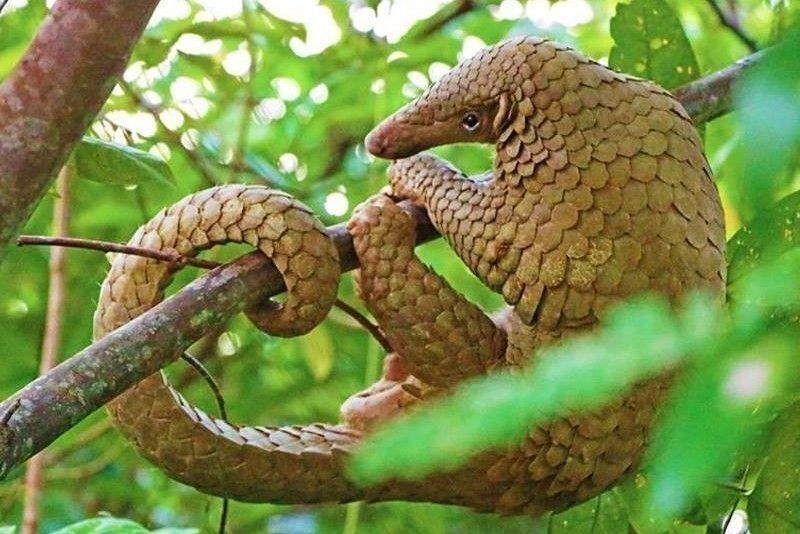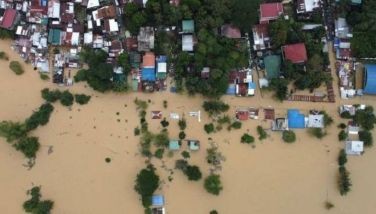House approves bill to toughen wildlife conservation

MANILA, Philippines — The House of Representatives on Wednesday unanimously approved on final reading a bill that would strengthen the country’s law on wildlife resource conservation and impose more stringent penalties aimed at deterring wildlife crimes.
House Bill 8586, which garnered 276 affirmative votes, would repeal Republic Act 9147 or the Wildlife Resources Conservation and Protection Act. Lawmakers and environmentalists said RA 9147, which was signed in 2001, no longer deters illegal wildlife collectors and traders.
The proposed measure penalizes wildlife trafficking or when prohibited acts are committed by a syndicate or on a large scale, or the wildlife is exported to or imported from another country through the connivance of several persons.
The Philippines is an important source, transit and destination point for illegal wildlife trade. According to the Asian Development Bank, at least P50 billion is lost annually due to the illicit trade when ecological services and economic values are factored in.
Among the most traded species in the country are Palawan pangolin, Palawan hill mynah and Tokay gecko.
The Philippines is a biodiversity hotspot with at least 700 threatened species.
Penalties
If the measure is enacted into law, the maximum penalty imposed for the commission of the prohibited acts is imprisonment of up to 20 years and a fine of up to P2 million, or both.
Penalties depend on the classification of species and the number of wildlife specimens. Twice the maximum penalty will be imposed if the illegal acts are committed on a large scale or by a syndicate.
The bill also prohibits the following:
- Killing or destroying wildlife species, including causing death or destruction
- Injuring, crippling, or impairing the reproductive system of wildlife species
- Damaging or disturbing critical wildlife habitats
- Introduction, reintroduction, or restocking of wildlife resources
- Trading or attempting to trade wildlife, wildlife by-products, and derivatives
- Collecting, hunting, or possessing wildlife, wildlife by-products, and derivatives
- Gathering or destroying of active nests, nest trees, host plants, and the like
- Maltreating or inflicting other injuries
- Transporting of wildlife without the appropriate, valid permits, clearances, agreements or certificates
- Wildlife laundering or when wildlife traders disguise the origin and ownership of illegally acquired wildlife
The proposed law “applies to all wildlife species found in all areas of the country, including exotic species which are subject to trade, are bred or cultured in captivity or propagated in the country.”
Enforcement of law
The bill also authorizes the heads of the environment and agriculture departments, and the Palawan Council for Sustainable Development to designate critical habitats where threatened species are found outside protected areas under the Expanded National Integrated Protected Area Systems Act of 2018.
DENR, DA and PSCD are also authorized to create permanent plantilla positions of wildlife enforcement agents or designate their existing permanent employees as such from their respective enforcement units.
Wildlife enforcement agents will conduct surveillance activities, investigation, application and service of search warrants, arrests of violators, and seizures of illegally possessed, traded or transported wildlife. They will carry their agency’s badge and government firearms in the conduct of their duties.
The proposed law also allows the deputization of wildlife enforcement officers from non-government organizations, citizens’ groups, community organizations, local government units, and other volunteers who have undergone necessary training.
Counterpart measures have been pending at the committee level in the Senate since 2022.
- Latest




























